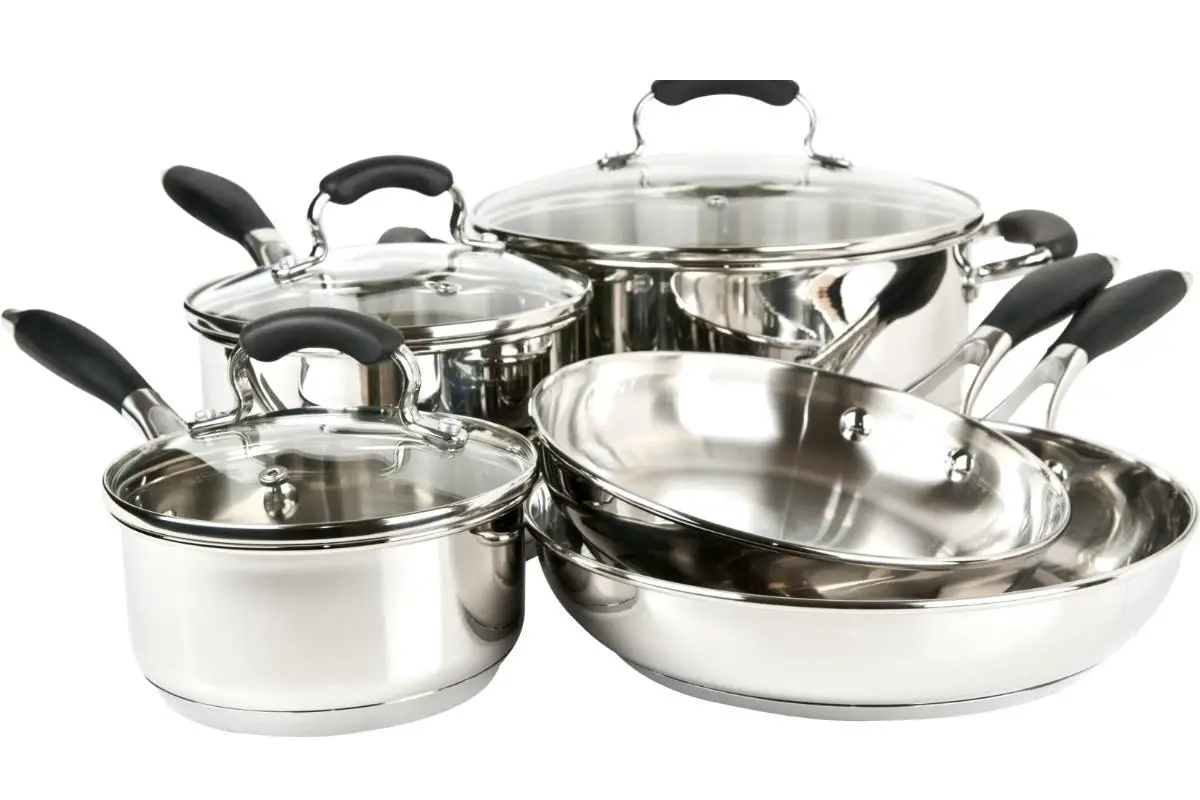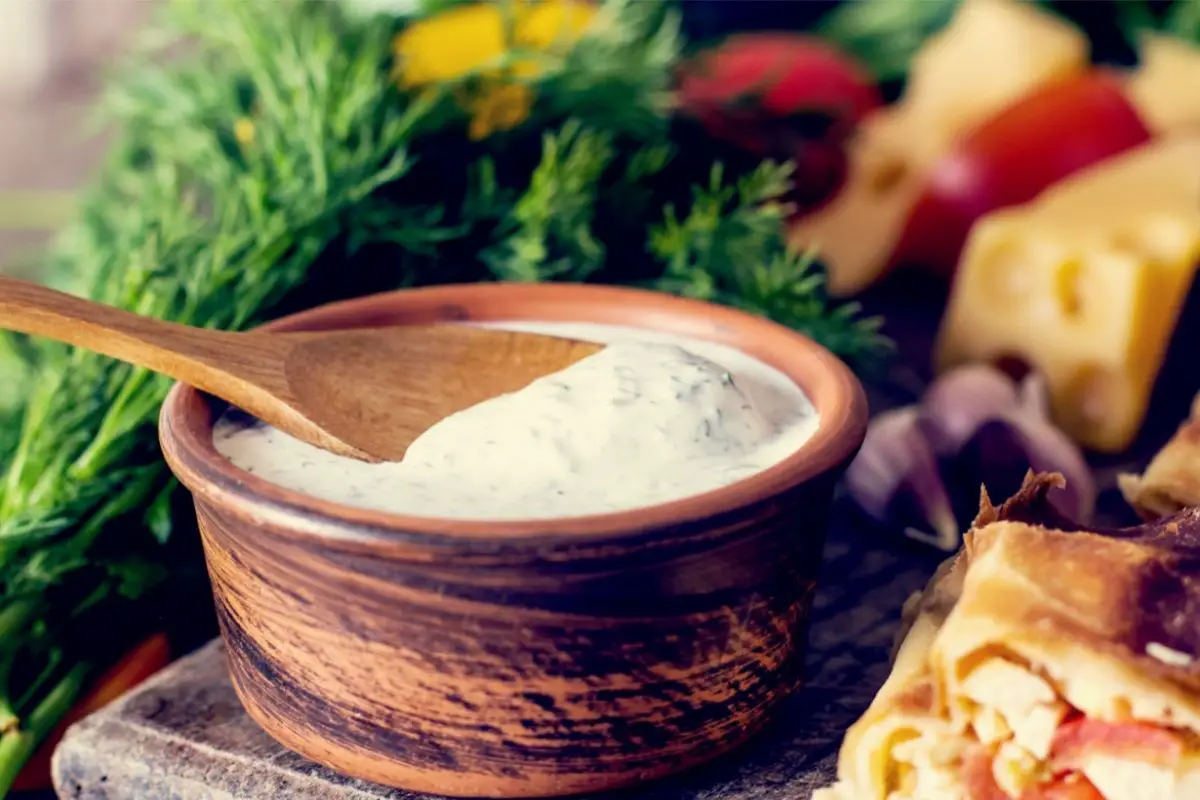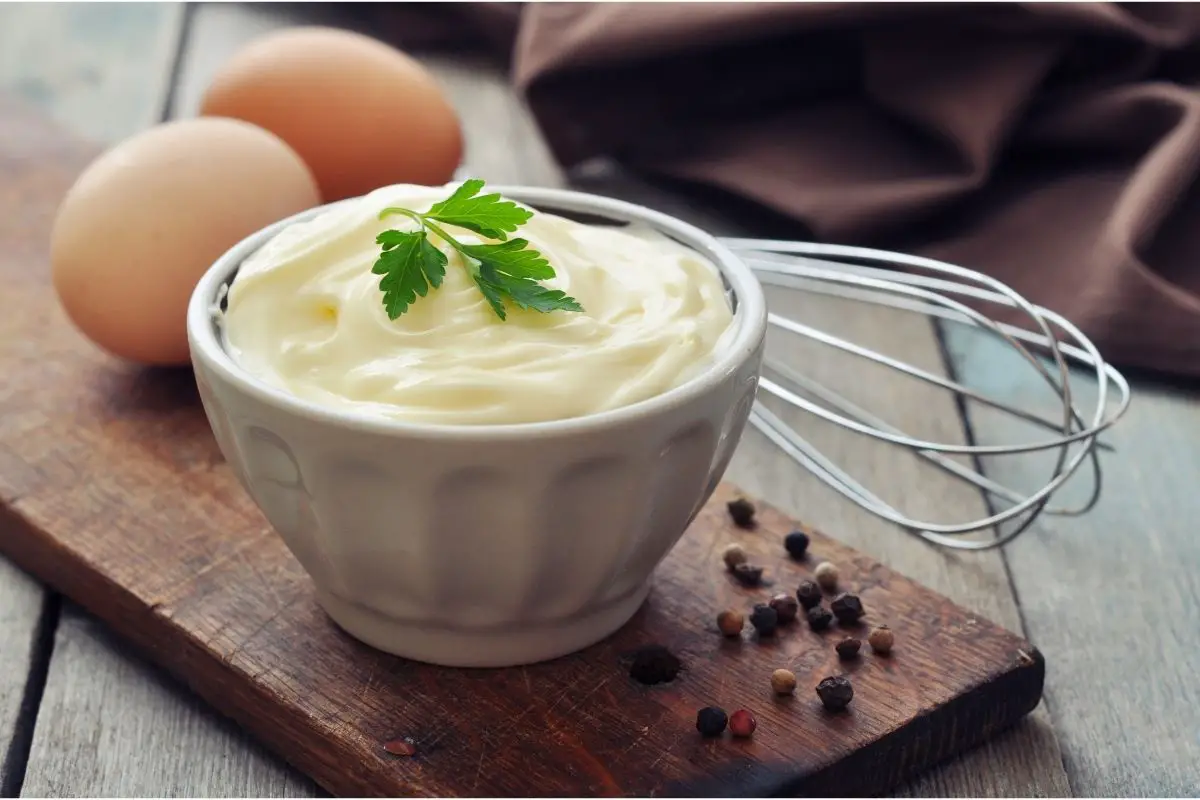It might come as a surprise to those who have only bought mass-produced sauerkraut from the supermarket shelf, but this tangy dish can be a great source of probiotics. Many health-conscious individuals look for probiotics in a variety of food products in hopes of benefiting from the digestive health and other benefits afforded by the good form of bacteria.
Anyone who wants to find a great source of probiotics and enjoys that unique flavor of sauerkraut is in luck, but it requires knowing exactly which types and brands to purchase. In the following guide, we will explore why most store-bought sauerkraut doesn’t have probiotics and identify three leading brands that do.
What Are Probiotics?
In broad terms, probiotics consist of active bacteria that have been shown to benefit digestive health. Although many people might be wary of intentionally ingesting additional germs, it is important to note that not all types of bacteria result in illness.
Probiotics are actually helpful in regulating how much of the potentially harmful germs are in the body. They can also replenish other types of good bacteria that are lost through other means, most notably after battling an infection with antibiotics.
The live forms of bacteria known as probiotics are often associated with certain types of yogurt, but they can also be found in a range of other foods—including unpasteurized sauerkraut. There are a few different variations, but they all seem to provide similar benefits. Among the ways they can aid digestion are by treating diarrhea and relieving the symptoms of irritable bowel syndrome.
Aside from gut health, experts believe probiotics can also help stave off minor illnesses such as the common cold or allergies. Evidence also suggests that they can improve oral health as well as certain conditions affecting the skin and urinary tract.
What Types of Sauerkraut Contain Probiotics?
Even though most of the major brands of sauerkraut are pasteurized, which kills most or all of the helpful probiotics, that doesn’t mean that health-conscious consumers can’t find specific types that are great sources of these specialized bacteria.
Upon finding a brand that has not been pasteurized and contains plenty of probiotics, most experts recommend eating about three tablespoons of sauerkraut per day to achieve the maximum positive effects. Of course, the amount of probiotics in each brand can vary depending on how the product was fermented and stored as well as the sodium content.
In the end, the main point to remember is that only unpasteurized forms of sauerkraut contain these good types of bacteria. It might be difficult to find a wide selection at the local grocery store, so we have included a list of three great options below that anyone can order with just a few clicks online.
Which Sauerkraut Brands Provide the Best Source of Probiotics?
A number of companies produce their own versions of this tasty side dish that are packed with helpful bacteria, but the brands below have a stellar reputation for delivering value, nutrition, and most importantly, a delicious taste. Read a brief review of each brand to decide which option sounds the most intriguing. The taste of each brand closely resembles any other common sauerkraut product while containing a reliable source of beneficial probiotics.
In addition to skipping pasteurization, the choices below are sold in a raw form and are fermented through a completely natural process.
1. Olive My Pickle Classic Caraway Kraut
This product has been fermented naturally and is brined with simple salt and water. There are no added sugars or dyes, and it contains no vinegar at all. Healthy eaters can take comfort in knowing that all of the products are natural and kosher certified. Furthermore, the company does not use any ingredients that have been genetically modified.
As for the live bacteria contained in this sauerkraut, it has been linked to a range of digestive benefits including relieving the effects of acid reflux, diverticulitis, and Crohn’s disease. The product is subjected to third-party laboratory tests to ensure consistency, and evidence shows that each serving includes 14 billion colony-forming units of helpful lactic acid bacteria. The company suggests starting with one quarter-cup serving per day and increasing the intake if needed.
Those in the market for a vegan and gluten-free snack that also contains a high level of helpful fiber can enjoy this tasty treat while introducing some live probiotics into their diets. The company has been around for more than a decade and was started by a husband and wife in Florida who quickly gained a loyal following after selling their sauerkraut at local farmer’s markets.
2. Sonoma Brinery Sauerkraut Dill Garlic Raw
Anyone who loves the naturally crisp taste and texture of sauerkraut is sure to enjoy this product. Each 16-ounce container is packed with probiotics and every package is non-GMO certified. The flavors of garlic and dill are pronounced and offer a unique spin on the traditional flavor of sauerkraut.
Topping a hot dog, sausage, or just about any type of meat with this fermented cabbage blend will be a hit at meal time. It is also a great option for creating a complex flavor when combined with grilled vegetables or included in a stir fry platter.
3. Bubbies Sauerkraut
This option is available at select supermarkets as well as online retailers including Amazon. Although it is produced in somewhat larger batches than some other all-natural forms of unpasteurized sauerkraut, the company doesn’t cut any corners when creating a great taste and includes lots of helpful probiotics in each serving.
To ensure the highest quality, every jar contains GMO-free ingredients, including raw and often organic materials. Furthermore, Bubbies uses its connections with local suppliers as part of its mission to support American jobs while keeping a close eye on the quality of every ingredient used to create this delicious topping.
Are There Any Risks Associated with Probiotics?
While the prevailing evidence indicates that probiotics are not harmful when ingested in proper quantities, it is worth noting that this type of bacteria is typically regulated as a food rather than as a medicine. This means it is important for an individual to know how much is appropriate for optimal benefits. Discussing the possibility of adding probiotics into a diet is often a good idea, but it should be done with care and perhaps even with a doctor’s supervision.
Certain individuals who are immunocompromised or who are living with a debilitating disease might be encouraged not to take probiotics. For everyone else, the only known side effects are quite minor and can include gas or bloating. A small number of people could develop allergies to probiotics, so anyone with such concerns should consult a medical professional.
What Other Foods Are Good Sources of Probiotics?
While fans of sauerkraut might relish the idea of eating it every day, there might be a benefit in identifying other common foods that can provide some of this beneficial bacteria. Most consumers probably already know that probiotics are found in certain types of yogurt, milk, and other dairy products. Additionally, a healthy dose of probiotics is included in a range of fermented vegetable dishes. Among the most common are pickled cucumbers and kimchi, which is a preparation that is traditionally applied to cabbage. Whether shopping for sauerkraut or any other probiotic-rich fermented foods, keep in mind that natural ingredients are best, and brines made with simple water and salt help preserve the beneficial effects of these beneficial germs.
- What goes good with fried shrimp for dinner? - November 17, 2022
- Best Heat Diffusers for a Gas Stove - November 16, 2022
- Can you boil potatoes too long for mashed potatoes? - November 15, 2022









